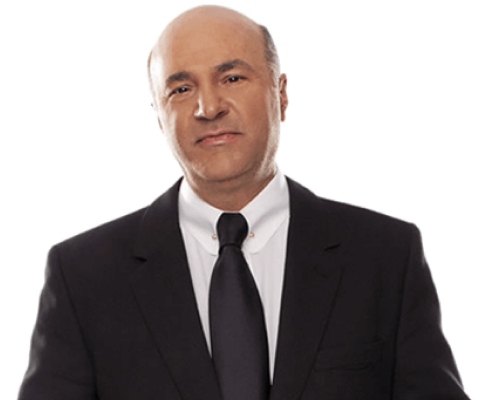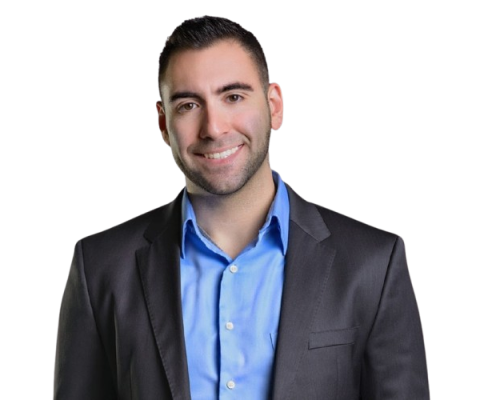What Is the Difference Between Trademarks and Patents?
While both patents and trademarks are types of intellectual property, they are at the opposite ends of that spectrum.
Trademarks if you watched one of my previous videos the function of a trademark is to allow your market, your customers, your potential customers to tell your products and services apart from identical products and services of your competitors. So that would be the names of your products, names of your services, logos, taglines, so the things that identify you without going to the functionality of the product and service itself, or the characteristics, or the features, or the benefits. It is just how your market identifies your stuff apart from the identical stuff offered by someone else.
Whereas patents, they protect the invention, they protect the underlying idea, the "what" that's novel about your product, your services, your features, your benefits, whatever it is. And patents are much harder to get than trademarks, but the underlying idea is patents protect the "what" and trademarks protect the "which". So patents protect the idea, the invention; trademarks protect how you call that idea.
So the example that I always use is Viagra and generics. Initially, pharmaceutical companies, Pfizer in this case, came up with this new formula for their pill, and they got the patent on it. So, nobody else could make that same pill and sell it on the market where they've got a patent. And they enjoy this monopoly on the product itself for a relatively short time. The length of the patent is 20 years after the filing date. And they also got a trademark on the name VIAGRA. So here's what happened. After that patent expired 20 years of the filing date, everybody else could make the same pill because in order to get the patent you are required to disclose all the secrets around it. In order for you to get the patent, you need to tell the world how to do it, what to do with it, why you're doing it and that's really the exchange, the bargain that you enter into with the government. You tell them the secrets, and they give you a limited time during which they will allow you to stop everyone else from selling the same product.
So after 20 years, it is fair game for anyone to make the same product so this is how we have generic drugs. Now anybody can make the same pill, the same formula, same qualities, same everything, but what Pfizer still has is the trademark, is the brand, that's what the generics can't use. They can sell the same product, they can't call it the same way. And they can really refer to it as, anything Viagra-like or something like this.












